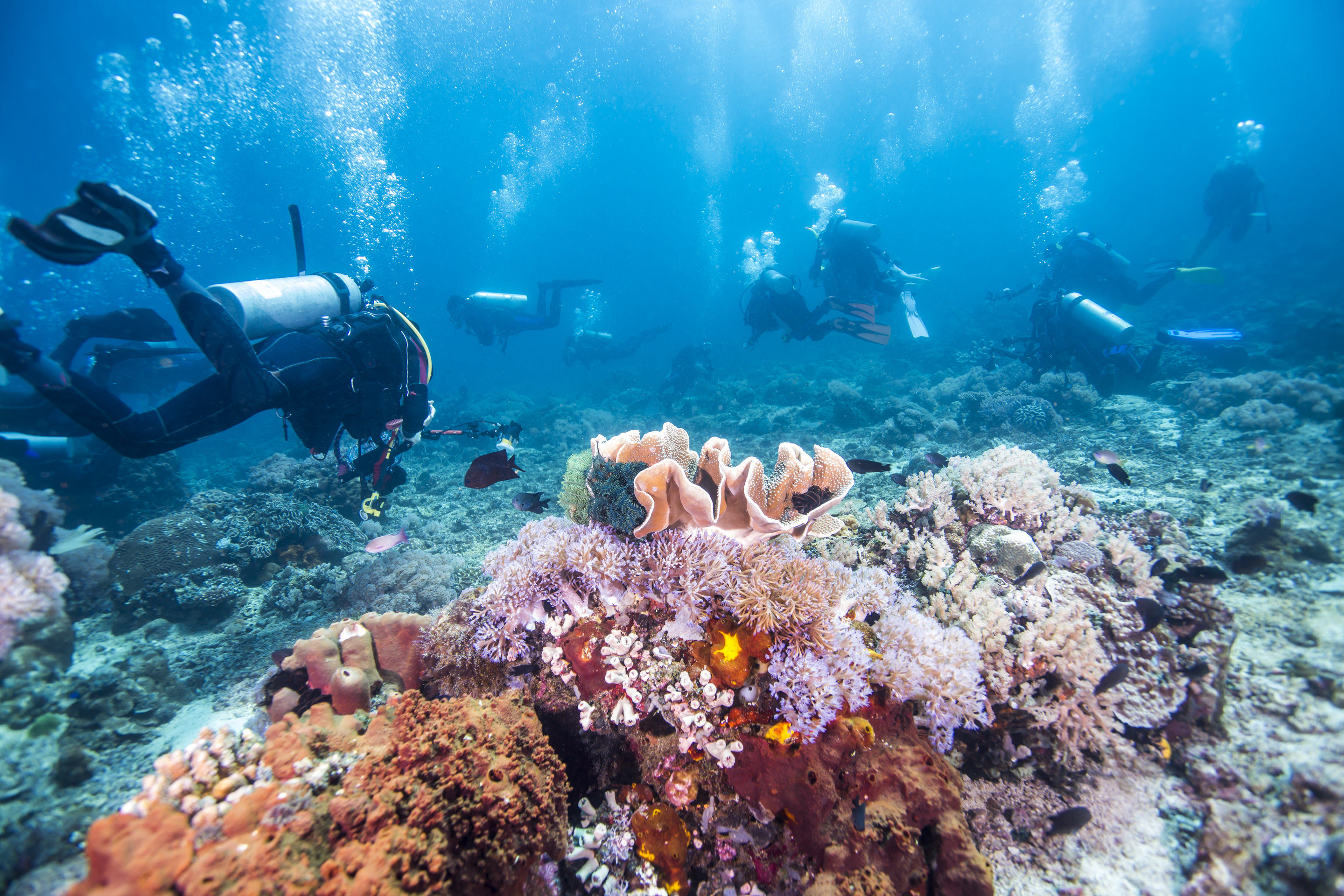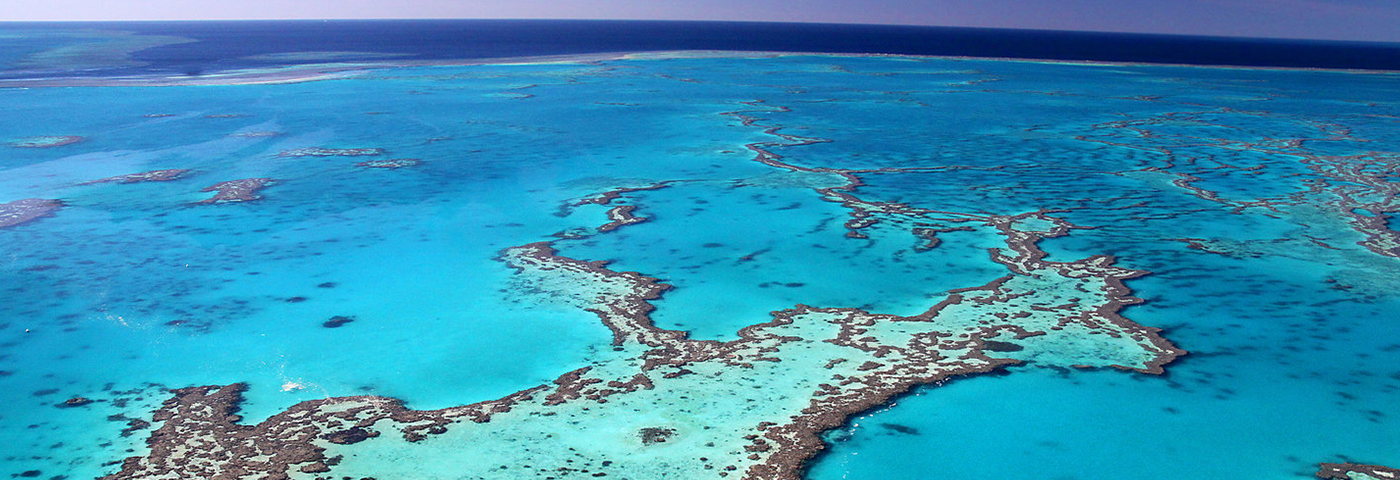Issues around Venice and the problems of what is fast becoming known as ‘overtourism‘ are being talked about a great deal these days. What I was unaware of until reading a recent article titled ‘How Italy stopped Venice being put on Unesco’s Heritage In Danger list‘, was how efforts to address the root problems are struggling to get off the ground.
The article explores issues ranging from pressure to develop unsustainable projects; lack of involvement of critical voices in planning; and claims that “authorities admit they do not gather exact tourism figures”. It deserves to be read in full by anyone concerned for the sustainable development of tourism. I’m not going to dwell on its specifics anymore here, but rather on a trend it epitomises that any of us that share its concerns need consider.
In the last weeks there have been several articles declaring that the Great Barrier Reef is dying or dead. “Human influences have resulted in a 50-per-cent decline in coral cover from 1985 to 2012, and despite recent conservation efforts, some scientists are predicting the Great Barrier Reef’s extinction by the year 2050,” reported The Globe and Mail on Monday of this week. It’s only getting worse, writes Catherine Mack in responsibletravel.com: “destruction to coral has never been as speedy or hard hitting as it has been throughout 2016.”
Yet earlier this year it was confirmed that Australian officials successfully asked authors of an international scientific report on the impacts of climate change on World Heritage Sites and tourism to remove any reference to the Great Barrier Reef. Note that the reef is said to generate $10.93bn each year for Queensland’s economy.
The irony is that the dying of the Great Barrier Reef is more likely to be a driver for more tourism rather than less. ‘Overtourism’ isn’t the only current buzzword or phrase in the End of Times travel supplement. There’s also ‘Last Chance Tourism’, which describes those tourism experiences capitalising on the lure of the rare, the endangered, the dwindling… the gone.

Last month it was reported that Crystal Cruises is offering tourists the chance to sail the once fabled and inaccessible – and now navigable thanks to climate change – Northwest Passage. CBS reports that around 1,000 passengers have paid a minimum of $22,000 to be one of the first (and last?) to experience the journey, with the cruise selling out in 48 hours. “It would be ironic if tourism promoting a chance to see Arctic wildlife before it disappears actually hastens that disappearance,” lamented the World Wildlife Fund.
All this raises some significant issues for those of us who promote more responsible forms of travel. According to recently published research by Xavier Font and Ann Hindley: “raising awareness may have a negative effect, by prompting tourists to consume a disappearing tourism product before it is too late.” The authors add that: “When the tourist attraction is exhausted, tourists reach a stage of helplessness, which means that rather than lamenting on the loss, they dismiss the value of such attraction once they can no longer be enjoyed. It is a case of saying ‘Venice used to be great before it was spoiled by too many tourists, now we shall go somewhere else.'”
We encourage tourism practitioners to focus on a place’s authenticity. To tell stories about the remarkable connections it offers to unspoilt nature and happy locals. In so doing we imply the solution to our industry’s difficulties lies in the growth of more responsible forms of tourism.
Rarely, however, do we ask just how much growth in responsible tourism can the world take? There is a danger in this lack of self regulation. Without checking our own assumptions from time to time we risk over-promoting what the writer Teju Cole calls the “big emotional experience that justifies privilege“.
Sometimes the responsible tourism message can’t simply be to do it a better way. It has to be: don’t do it at all.


Thanks again Jeremy for keeping this topic very much alive. Travindy is doing a great job of curating many aspects of this growing story.
It may well be that we’ll have to have less of the kind of tourism that regenerates rather than extracts but I prefer to focus on achieving the best end result without necessarily cutting back on the growth of net benefit. Given the huge tsunami of demand that exists and is emerging from newly “rich countries”, once we talk about less we’ll have to address the issue of rationing – as Bhutan once did.
Right now the first step has to be to create the conditions for a very healthy, informed discussion that doesn’t turn unduly emotional and judgmental. As Google has proven, innovation happens in teams when participants enjoy “psychological safety”. This vital topic has to be safe to talk about and I am not sure we’re there yet.
The way forward has to be a group activity – the problem is too wicked for it to become a platform for fame, competitive edge or further polarisation. We have enough of that already.